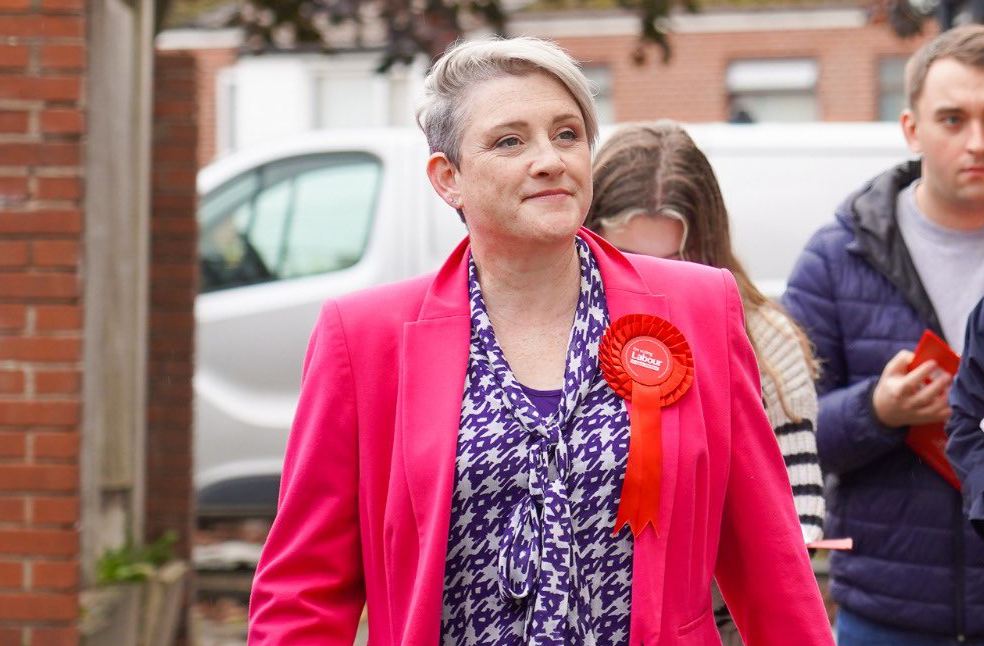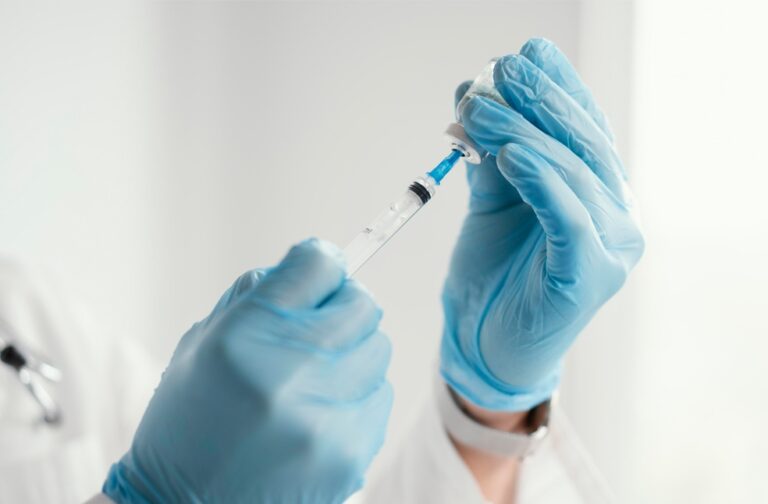London: In a global first, England will roll out a routine vaccine against gonorrhoea starting August 1, 2025, to combat rising infections and antibiotic resistance.
Announced by NHS England, the programme will use the 4CMenB jab, currently administered to infants for meningococcal B disease, to protect at-risk populations against gonorrhoea, the UK’s second most common bacterial sexually transmitted infection (STI).
This move follows a record-breaking 85,000 gonorrhoea cases in England in 2023, the highest since records began in 1918. Health experts have raised concerns over the increasing presence of antibiotic-resistant strains, including those resistant to ceftriaxone, the first-line treatment, and a growing number of ‘extensively drug-resistant’ (XDR) cases.
The NHS is launching the world’s first routine gonorrhoea vaccination programme — a major step in tackling one of the most common sexually transmitted infections.
From August, those eligible can get the jab at sexual health clinics.
Read more ➡️ https://t.co/iddSUAAtWg pic.twitter.com/o4fuES7yrn
— NHS England (@NHSEngland) May 21, 2025
Between January 2024 and March 2025, the UK Health Security Agency (UKHSA) reported 17 ceftriaxone-resistant infections and 9 XDR cases, up from just five in the previous year.
The vaccine, 4CMenB, is traditionally used to protect infants from meningitis and sepsis. It works by targeting proteins from Neisseria meningitidis, a bacteria genetically similar to Neisseria gonorrhoeae, which causes gonorrhoea.
Research by the Joint Committee on Vaccination and Immunisation (JCVI) shows the jab provides 32.7 percent to 42 percent effectiveness against gonorrhoea. While it won’t offer complete immunity, it significantly reduces the risk of infection. Notably, natural infection offers little protection against future cases, reinforcing the need for vaccination.

Vaccine rollout
Eligible individuals will be contacted in the coming weeks. The vaccine will be administered through local authority-commissioned sexual health services and offered alongside other immunisations, including those for mpox, HPV, and hepatitis A and B.
Dr Amanda Doyle, NHS England’s national director for primary care and community services, called the initiative a ‘huge step forward for sexual health,’ noting its role in protecting individuals, slowing transmission, and addressing rising antimicrobial resistance. Dr Sema Mandal of UKHSA emphasized that this move positions the UK as a global leader in gonorrhoea prevention.
Health Minister Ashley Dalton encouraged people to take up the offer, saying that it could ‘prevent thousands of cases over the next few years’ and help fight the growing public health challenge posed by drug-resistant gonorrhoea. Richard Angell, chief executive of the Terrence Higgins Trust, described the programme as a ‘gamechanger,’ suggesting it could cut new gonorrhoea cases by 40 percent.



